- While an individual seller needs not pay 18 per cent GST when selling his or her car, there are several gray areas which remain.

Finance Minister Nirmala Sitharaman announced last week that there will now be 18 per cent Goods and Services Tax (GST) imposed on sale of pre-owned automobiles in the country, including electric vehicles. The decision sparked an enormous debate with many questioning a move to impose tax on sale of a depreciating asset. But there is a certain high degree of confusion about the details as well.
Also Read : Check out all upcoming cars in India
The decision was announced after the 55th meeting of the GST Coucil which is headed by Sitharaman but also has representatives from all states and union territories in the country. “When the discussions happened, it is on that margin value between purchased price and resale price. Buy at 12 lakh, selling a second-hand vehicle for 9 lakh, on the margin only this 18 per cent tax is put,” she explained during a press conference. But it only added to the confusion with many asking why they will pay tax on an item being sold at a lesser price than it was. first purchased at.
While the government or the GST Council has not issued any clarification till this report was filed, news agency PTI quoted sources as saying that the 18 per cent GST will be applicable only if the seller has earned a positive margin – that is selling price more than cost price. And even here, the GST is not applicable on an individual selling an automobile to another individual.
Who will have to pay GST on second-hand cars?
As mentioned, the GST is not applicable on individual to individual sale of a pre-owned vehicle. This is regardless of whether the said vehicle is sold at a negative margin or (rare as it may be) on a positive margin.
The GST is applicable primarily on businesses buying and selling pre-owned vehicles and any registered vehicle engaged in a similar business.
When will GST on second-hand car sales have to be paid?
Tax will have to be paid on a positive margin between purchase price and sale price where the latter is higher. For instance, if a pre-owned car business buys a vehicle from an individual for 5 lakh and then sells it for 6 lakh to another individual, there would be an 18 percent GST on the 1 lakh.
This may also be applicable on rare and exotic vehicles which usually find a higher price years or decades later. But such instances are still rare in India.
Note: This information is based on a PTI report quoting sources.
Get insights into Upcoming Cars In India, Electric Vehicles, Upcoming Bikes in India and cutting-edge technology transforming the automotive landscape.
First Published Date: 25 Dec 2024, 09:27 AM IST

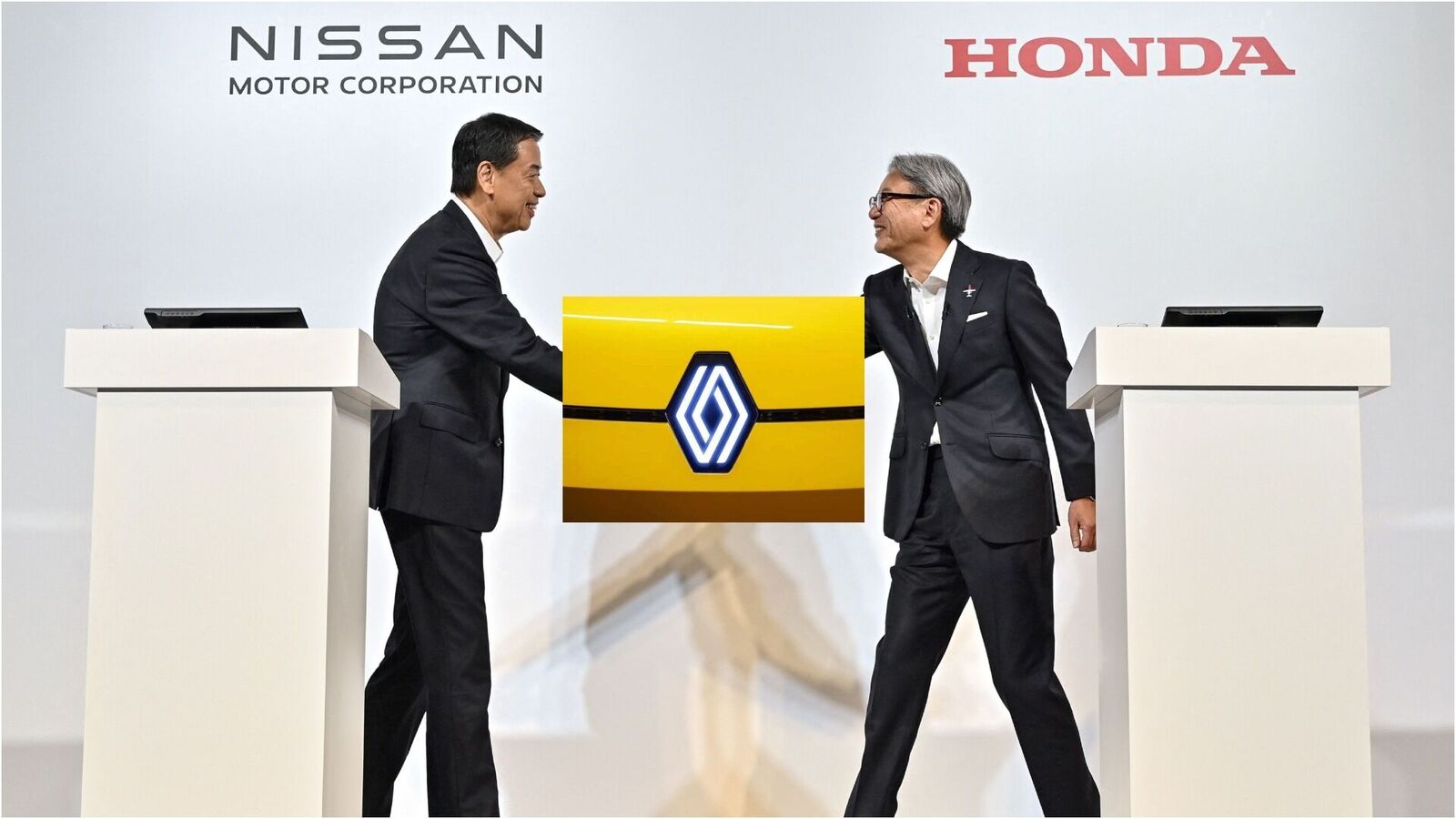

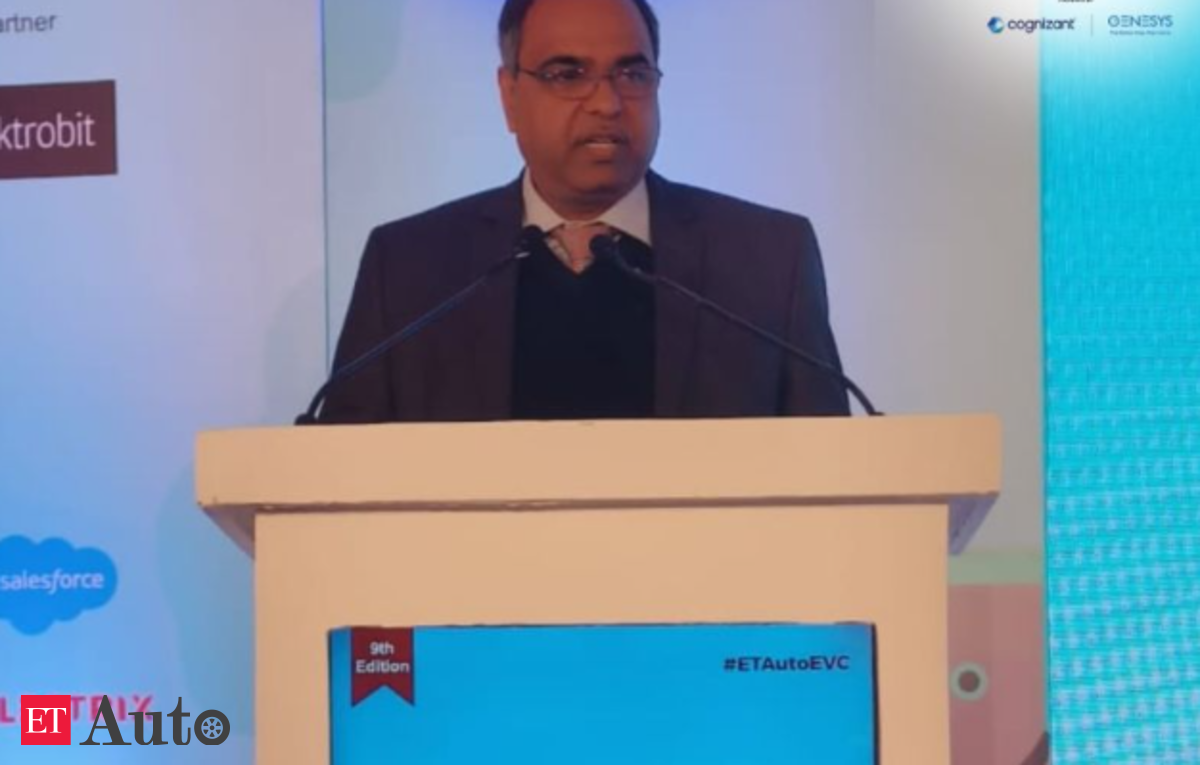


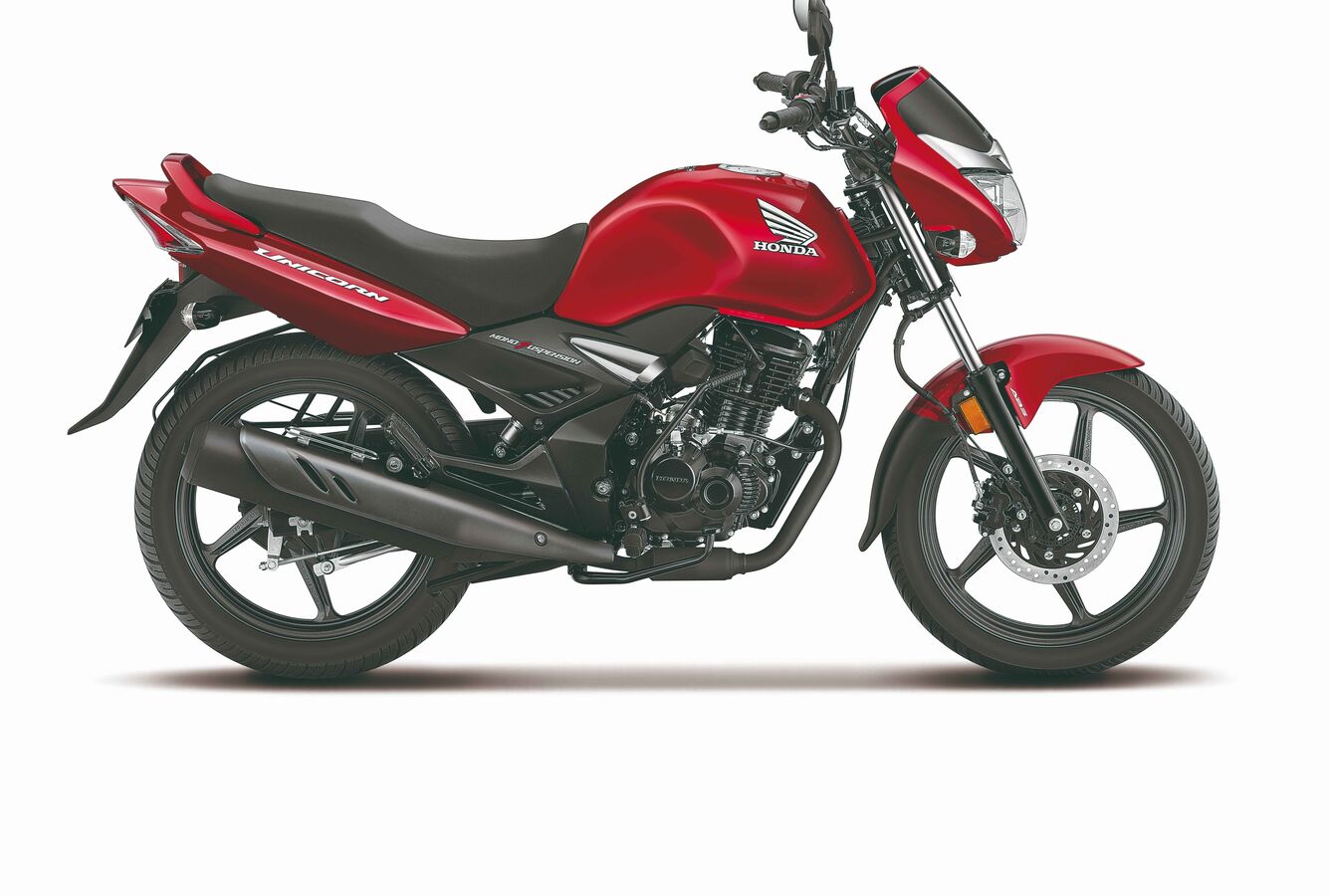
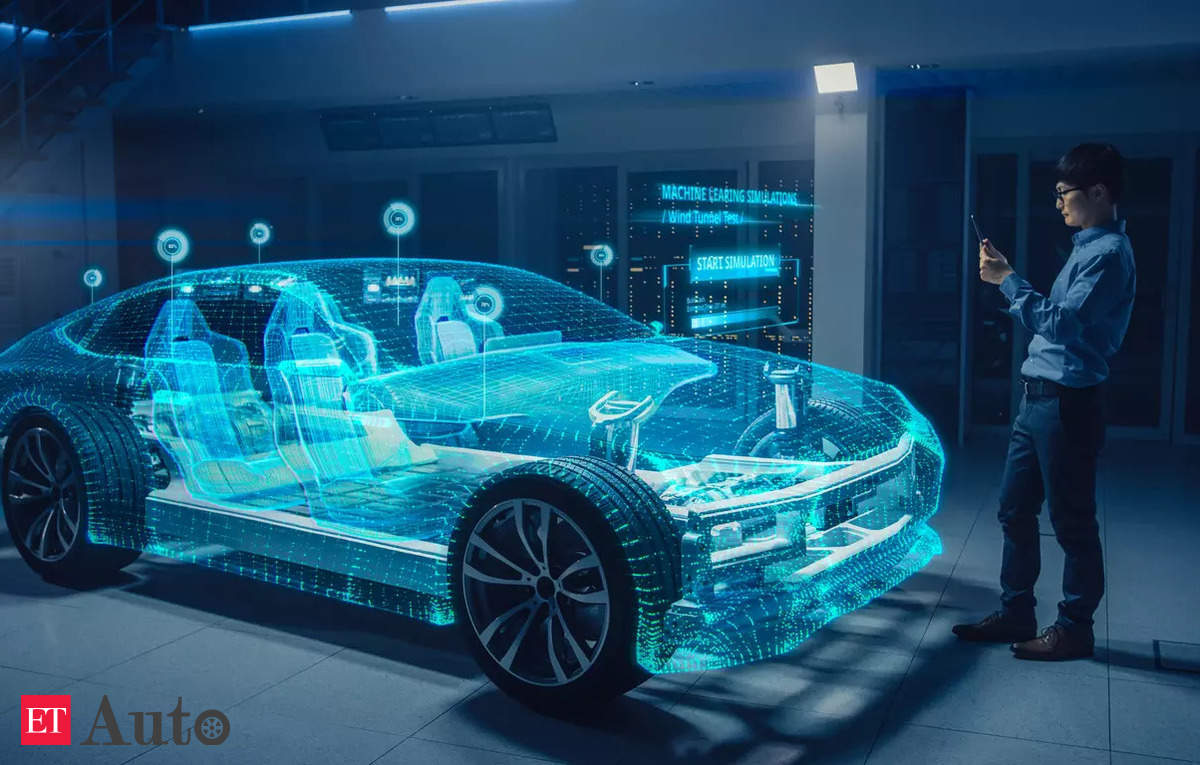

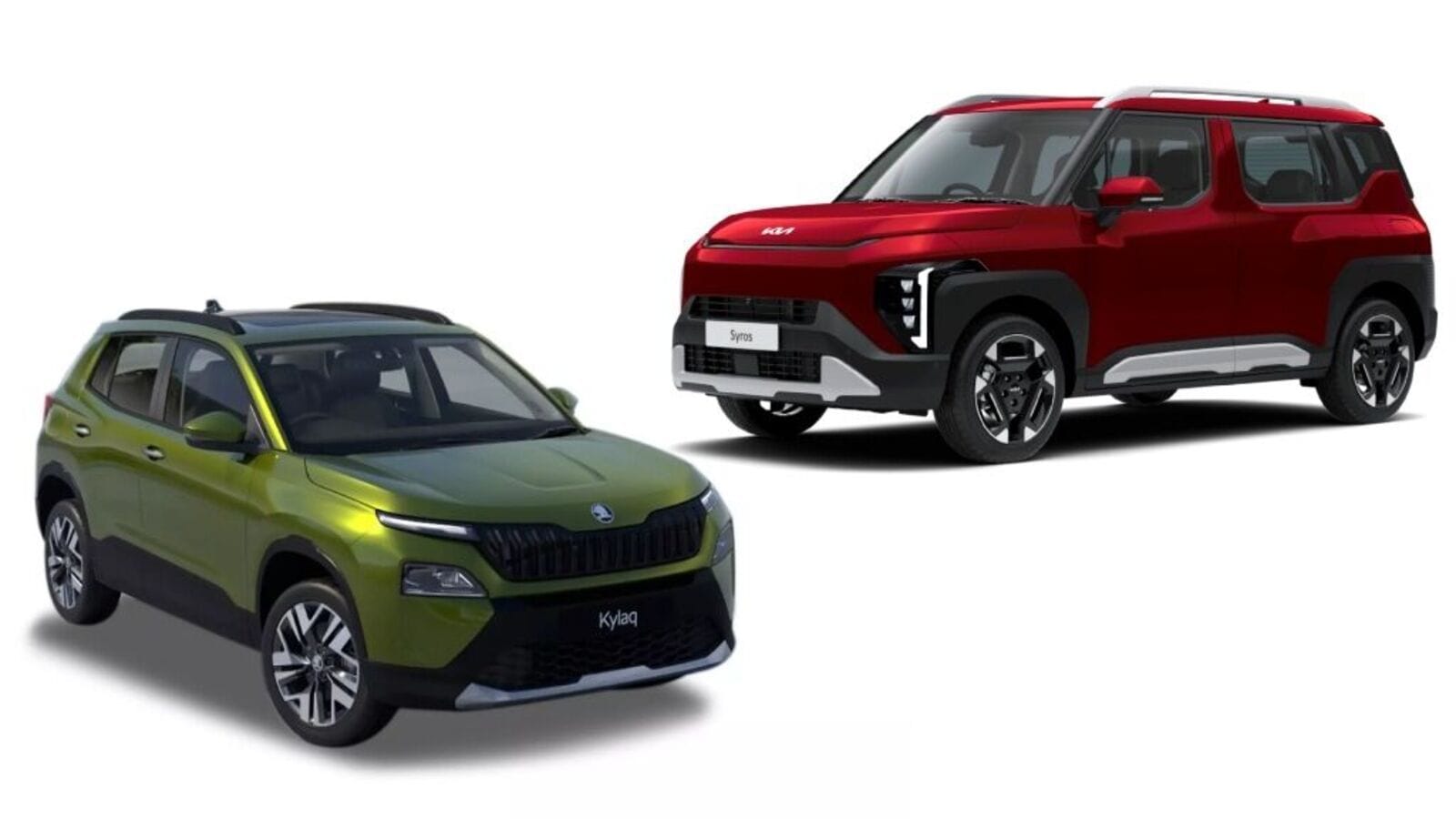

Leave a Reply